
Kod: 01330383
Remembering the Future
Autor John D Zizioulas
In this major new book John Zizioulas shows that eschatology can have important implications for ontology, i.e. for being itself. Zizioulas shows how this eschatological ontology permeates Christian doctrine, particularly that of ... więcej
- Język:
 Angielski
Angielski - Oprawa: Miękka
- Liczba stron: 208
Wydawca: Bloomsbury Publishing, 2023
- Więcej informacji o książce

31.53 €
Dostępność:
50 % szansa Otrzymaliśmy informację, że książka może być ponownie dostępna. Na podstawie państwa zamówienia, postaramy się książkę sprowadzić w terminie do 6 tygodni. Gwarancja pełnego zwrotu pieniędzy, jeśli książka nie zostanie zabezpieczona.
Otrzymaliśmy informację, że książka może być ponownie dostępna. Na podstawie państwa zamówienia, postaramy się książkę sprowadzić w terminie do 6 tygodni. Gwarancja pełnego zwrotu pieniędzy, jeśli książka nie zostanie zabezpieczona.Przeszukamy cały świat
Zobacz książki o podobnej tematyce
-

English and Development
39.89 € -4 % -

Soldiers, Spies and Statesmen
22.46 € -19 %
Podaruj tę książkę jeszcze dziś
- Zamów książkę i wybierz "Wyślij jako prezent".
- Natychmiast wyślemy Ci bon podarunkowy, który możesz przekazać adresatowi prezentu.
- Książka zostanie wysłana do adresata, a Ty o nic nie musisz się martwić.
Powiadomienie o dostępności
Wpisz swój adres e-mail, aby otrzymać od nas powiadomienie,
gdy książka będzie dostępna. Proste, prawda?
Więcej informacji o Remembering the Future
Za ten zakup dostaniesz 79 punkty
 Opis
Opis
In this major new book John Zizioulas shows that eschatology can have important implications for ontology, i.e. for being itself. Zizioulas shows how this eschatological ontology permeates Christian doctrine, particularly that of creation and ecclesiology. He also points out some of its ethical implications.The predominating concept in theological ontology is that of a protological ontology which defines being itself as being defined by the past. The future of things in this perspective is defined by its origins and the 'given' or the 'factum'. In this major new book John Zizioulas shows that eschatology can have important implications for ontology, i.e. for being itself. The world was created with a purpose and the end which would be greater than the beginning. This is the view of the Fathers, such as Irenaeus and Maximus, who made the end the 'cause of all being'. The implications of such an idea are revolutionary, both historically and experientially. It represents a reversal of the ancient philosophical idea of causality as well as of our common sense rationality, according to which the cause precedes chronologically as well as logically. It is the opposite of protological ontology, which makes the past decisive for the future.Eschatological ontology, therefore, is about the liberation of being from necessity, it is about the formation of being. Man and the world are no longer imprisoned in their past, in sin, decay and death. The past is ontologically affirmed only in so far as it contributes to the end, to the coming of the kingdom. The eschaton will 'judge' history with this criterion alone. The last judgment as part of the eschaton represents an ontological, not a moral event. Zizioulas shows how this eschatological ontology permeates Christian doctrine, particularly that of creation and ecclesiology. He also points out some of its ethical implications.
 Szczegóły książki
Szczegóły książki
Kategoria Książki po angielsku Humanities Religion & beliefs Christianity
31.53 €
- Pełny tytuł: Remembering the Future
- Autor: John D Zizioulas
- Język:
 Angielski
Angielski - Oprawa: Miękka
- Liczba stron: 208
- EAN: 9780567032355
- ISBN: 0567032353
- ID: 01330383
- Wydawca: Bloomsbury Publishing
- Waga: 503 g
- Wymiary: 234 × 156 × 28 mm
- Data wydania: 01. December 2023
Ulubione w innej kategorii
-
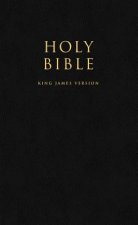
The Holy Bible - King James Version
11.48 € -
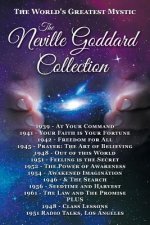
The Neville Goddard Collection
29.41 € -
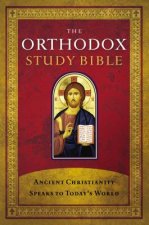
Orthodox Study Bible, Hardcover
43.92 € -12 % -
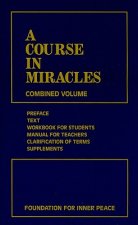
A Course in Miracles
25.58 € -11 % -
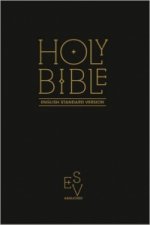
Holy Bible: English Standard Version (ESV) Anglicised Black Gift and Award edition
12.18 € -22 % -

NKJV, Gift and Award Bible, Leather-Look, Pink, Red Letter, Comfort Print
8.65 € -22 % -
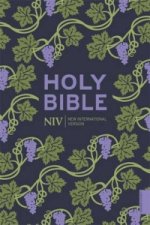
NIV Holy Bible (Hodder Classics)
7.95 € -21 % -
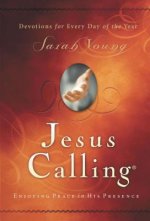
Jesus Calling, Padded Hardcover, with Scripture References
13.29 € -22 % -
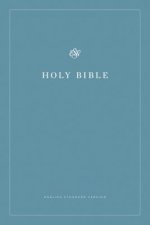
ESV Economy Bible
4.93 € -18 % -

Habits of a Godly Woman
9.46 € -16 % -

Wild at Heart Expanded Edition
15.20 € -28 % -

101 Questions to Ask Before You Get Engaged
11.58 € -23 % -
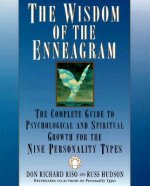
Wisdom of the Enneagram
18.33 € -20 % -
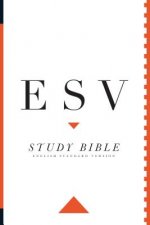
ESV Study Bible, Personal Size
33.34 € -20 % -
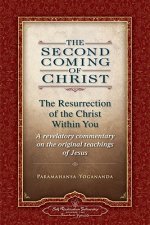
Second Coming of Christ
37.77 € -
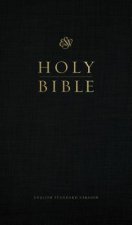
ESV Church Bible
10.57 € -26 % -
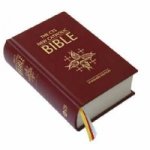
New Catholic Bible
41.10 € -
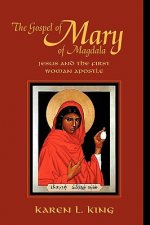
Gospel of Mary of Magdala
30.02 € -
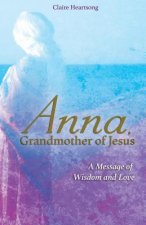
Anna, Grandmother of Jesus
14.90 € -17 % -
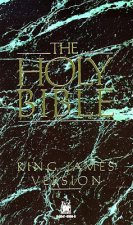
Holy Bible
7.95 € -22 % -

Complete Jewish Study Bible
38.88 € -22 % -

Feeling is the Secret
9.86 € -
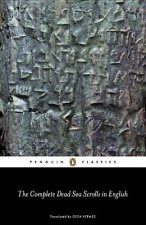
Complete Dead Sea Scrolls in English (7th Edition)
15.71 € -14 % -

Jesus Calling, Small Brown Leathersoft, with Scripture References
16.92 € -19 % -
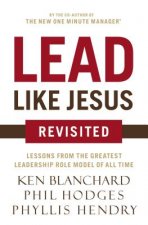
Lead Like Jesus Revisited
13.29 € -28 % -
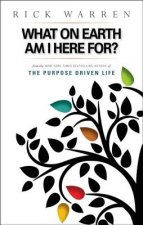
What on Earth Am I Here For? Purpose Driven Life
4.93 € -18 % -

My Heart Will Triumph
16.92 € -18 % -
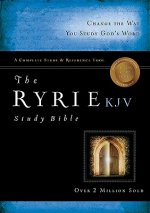
Ryrie Study Bible-KJV
56.51 € -18 % -
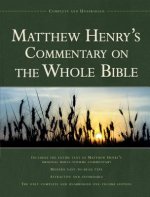
Matthew Henry's Commentary on the Whole Bible
33.64 € -17 % -

CSB She Reads Truth Bible, Hardcover
32.03 € -20 % -
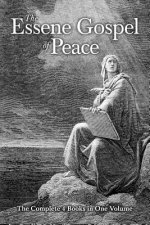
Essene Gospel of Peace
31.43 € -

KJV Gift & Award Bible, Imitation Leather, Black
8.96 € -3 % -
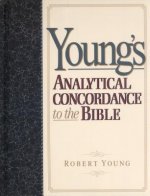
Young's Analytical Concordance to the Bible
17.42 € -17 % -
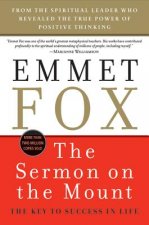
Sermon on the Mount
13.29 € -22 % -
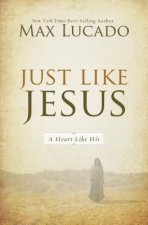
Just Like Jesus
16.92 € -19 % -
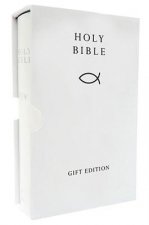
HOLY BIBLE: King James Version (KJV) White Compact Gift Edition
17.22 € -28 % -
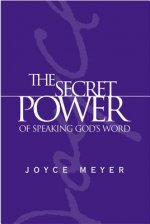
Secret Power of Speaking God's Word
14.30 € -25 % -
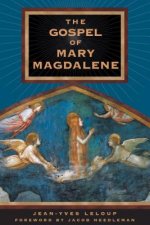
Gospel of Mary Magdalene
12.79 € -20 % -

How to Be an Adult
11.48 € -28 % -
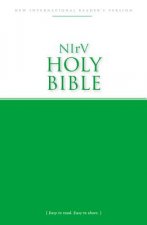
NIrV, Economy Bible, Paperback
6.04 € -18 % -

Calvin on the Christian Life
21.96 € -9 % -
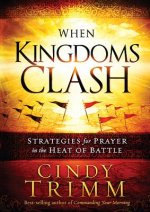
When Kingdoms Clash
25.08 € -
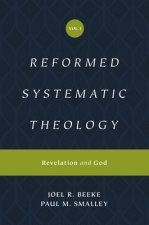
Reformed Systematic Theology, Volume 1
50.17 € -18 % -

Heavenly Man
12.79 € -18 % -

Rules of Engagement for Overcoming Your Past
10.37 € -18 % -
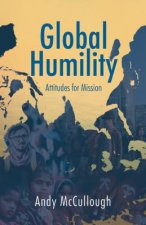
Global Humility:Attitudes to Mission
18.43 € -
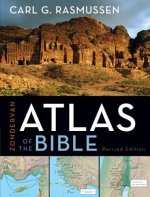
Zondervan Atlas of the Bible
35.05 € -19 % -

Betrothed
20.44 € -2 % -

When God Weeps
16.92 € -19 %
Osobní odběr Bratislava a 2642 dalších
Copyright ©2008-24 najlacnejsie-knihy.sk Wszelkie prawa zastrzeżonePrywatnieCookies


 Vrácení do měsíce
Vrácení do měsíce Zdarma od 49.99 €
Zdarma od 49.99 € 02/210 210 99 (8-15.30h)
02/210 210 99 (8-15.30h)